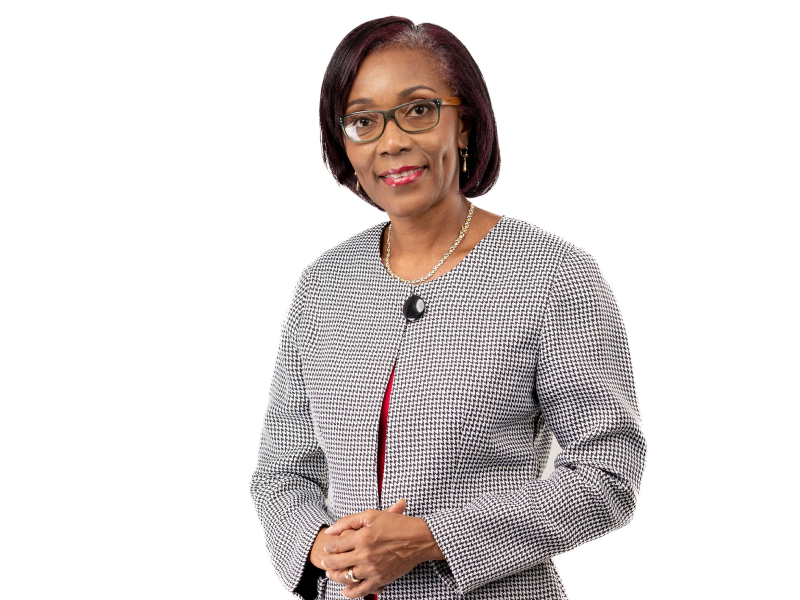Some 1,000 Jamaicans are being targeted to promote positive credit habits and overall good financial management habits through a series of training and engagement activities organised by the JN Foundation’s Financial Academy.
Rose Miller, lead for the Financial Empowerment programmes at the JN Foundation noted that three workshops will be hosted across the island to raise the level of financial literacy about this very vital tool, which, if used correctly, can build generational wealth.
The workshops are the first training sessions being offered by the newly established JN Financial Academy, which is aimed at empowering Jamaicans to achieve financial freedom by providing information, training and mentorship.
The sessions will be held virtually on November 3, 17 and December 1. Persons who wish to improve their understanding of credit products and develop better financial habits are invited to visit the JN Foundation website, www.jnfoundation.com and register to attend one of the three workshops.
“One of the issues we will explore at the workshop is smart management of existing debt obligations,” Mrs Miller noted. “Servicing loans, paying bills and honouring debt in a timely manner is important to nurturing responsible habits when it comes to borrowing money.”
‘Get Smart About Credit’ day, is a good time to challenge oneself to improve one’s credit score through better management of debt, she suggested.
Noting that many persons underestimate the importance being organised plays in managing their debt, Mrs Miller explained that when bills are kept in order and a system of payment established, the chances of missing a payment would be lower. This, she said, is important as overdue payments can be costly and also negatively affect one’s credit score, which is determined by consumption of credit products as well as payment history on bills and loans.
“You can repair or build a good credit score over time, by setting up a payment system to effectively manage your obligations. A simple way to get organised is to create folders for both electronic and physical bills and also setting payment date reminders,” she suggested.
She also pointed out that payment history is often tracked by financial institutions and credit bureaus.
“When a payment is missed, it’s reported by your creditor (the institution you owe), and the report they provide to the bureaus will affect your score almost immediately. Therefore, paying on time is a habit that you should develop and practise all the time.”
Mrs Miller emphasised that it’s important for people to develop the ability to identify and prioritise needs over wants at an early stage in their lives. This, she said, means making sure that all necessary obligations are taken care of first, and credit is used only when absolutely necessary.
“Failure to prioritise needs over wants often leads to excessive indebtedness. We have to learn to borrow for productive reasons only,” she suggested.
She offers the following tips to help persons get smart about credit:
- Consider whether it is a good time to take on debt
- Ensure that your budget can comfortably accommodate the additional monthly obligation
- Examine how an additional loan will impact your financial security in the long run
- Consider whether there is an alternative to getting into or increasing your debt
- Make sure you have an emergency fund – you may have to turn to it to avoid late payments and the corresponding consequences like late fees and damage to your credit score
- Ensure that you read, understand and accept all the terms and conditions of the loan
“Understanding the terms and conditions of a loan is critical to being smart about credit. You have to know what you’re getting into,” she continued. “These are some of the things we will explore at our workshops. And, we will delve into other topics such as approaches to calculating interest on loans. It is not to be missed.” Mrs Miller asserted.
Get Smart About Credit Day is observed annually every third Thursday in October, falling on October 20 this year and was launched by the American Bankers Association in 2003.




